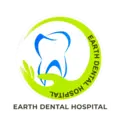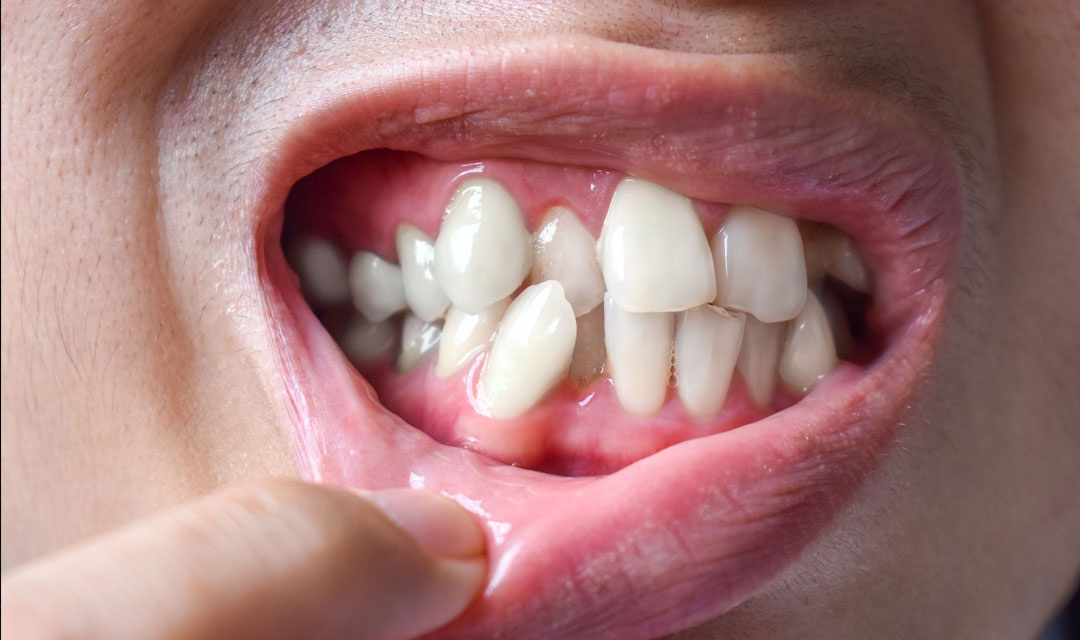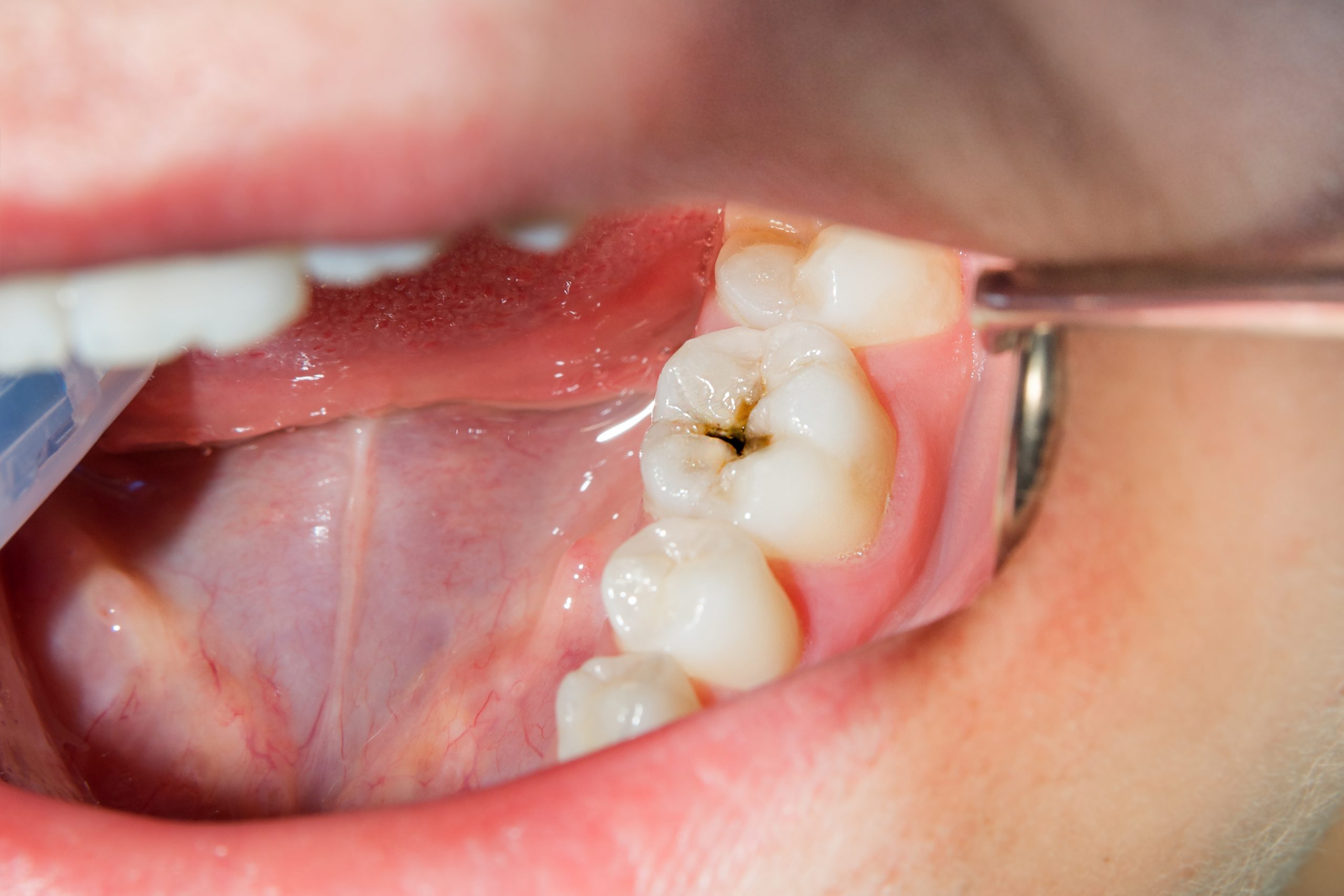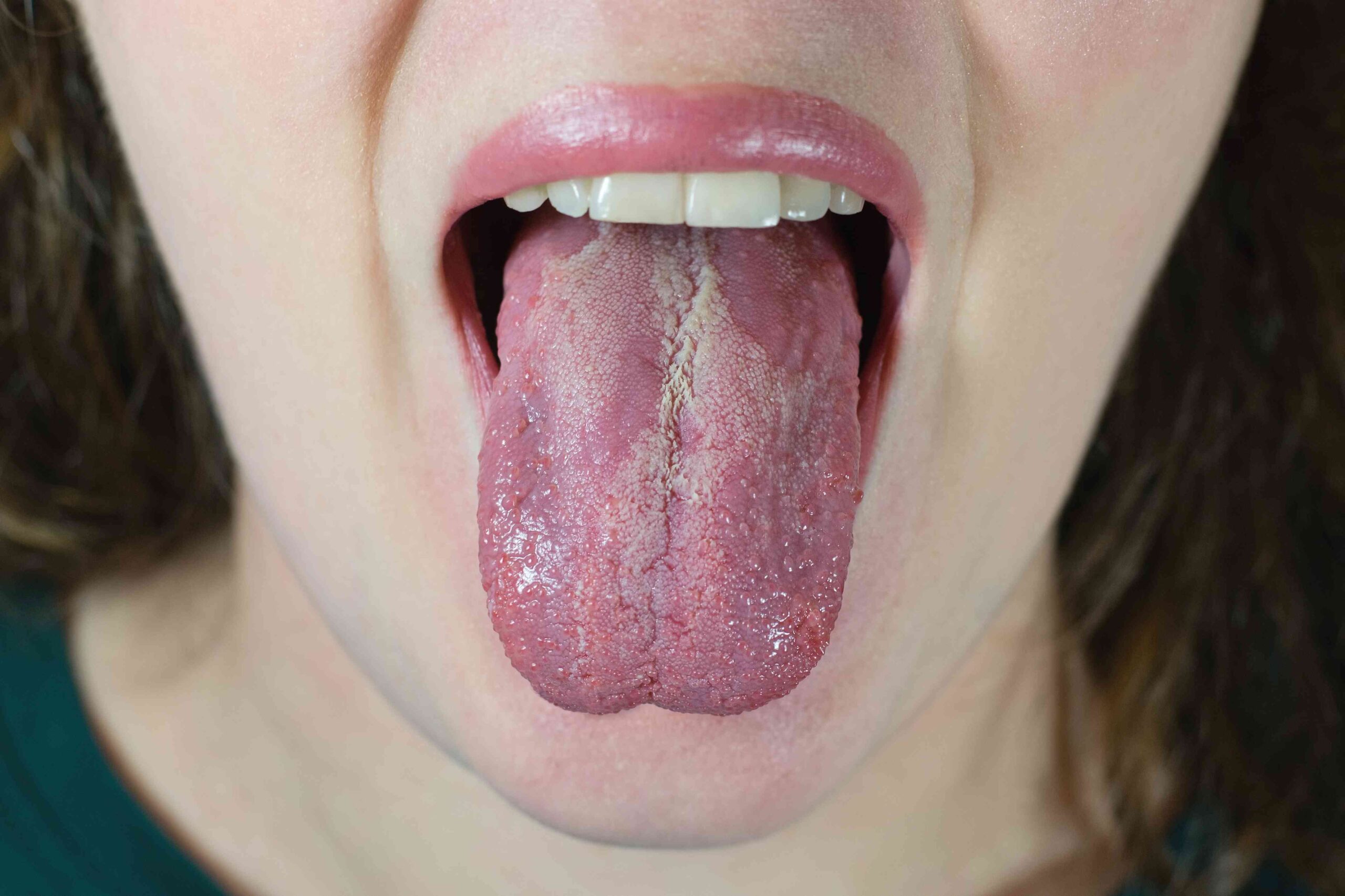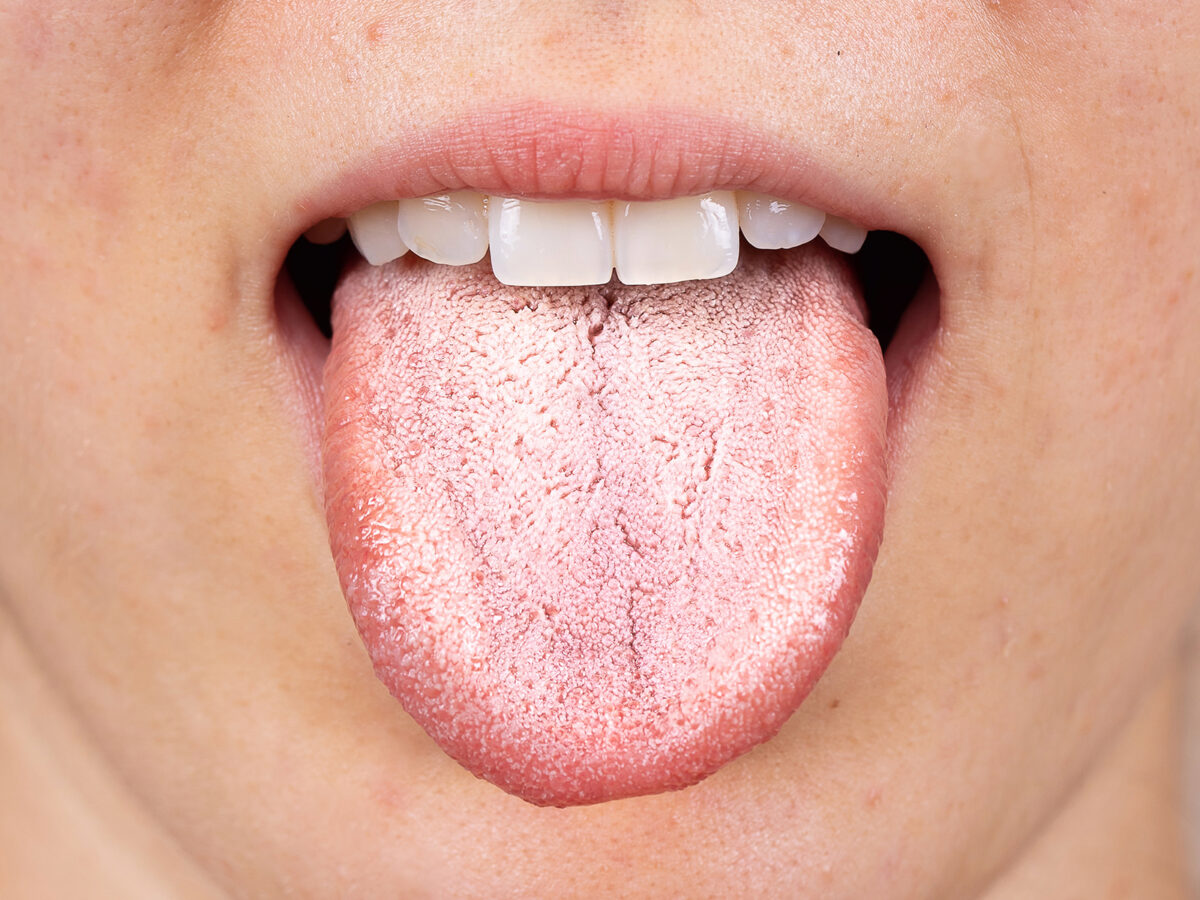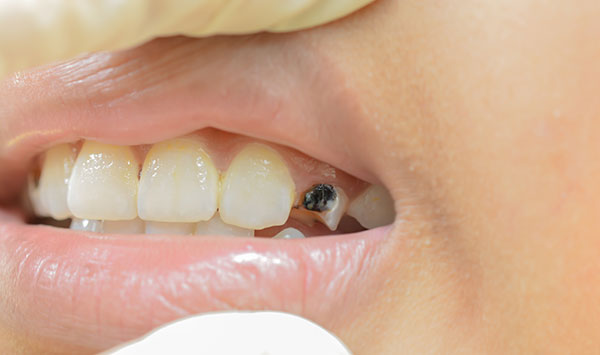A Comprehensive Guide by Earth Dental Hospital
At Earth Dental Hospital, we believe that oral health is a vital part of overall well-being. One common yet often overlooked issue we frequently encounter is dry mouth, also known as xerostomia. Though it may seem minor, dry mouth can lead to serious dental problems if left unaddressed.
In this blog post, we’ll break down everything you need to know about dry mouth—its causes, symptoms, potential complications, and the best ways to treat and manage it.
What Is Dry Mouth?
Dry mouth occurs when your salivary glands don’t produce enough saliva to keep your mouth moist. Saliva is crucial for oral health as it helps digest food, neutralize acids, prevent tooth decay, and wash away bacteria.
When saliva production is reduced, it can cause discomfort, affect your ability to speak or eat, and significantly increase your risk of oral infections and cavities.
Common Causes of Dry Mouth
There are several reasons why someone may experience dry mouth:
1. Medications
Many prescription and over-the-counter medications list dry mouth as a side effect. These include:
-
Antidepressants
-
Antihistamines
-
Blood pressure medications
-
Painkillers
-
Diuretics
2. Medical Conditions
Certain health issues can impact saliva production, such as:
-
Diabetes
-
Sjögren’s syndrome
-
HIV/AIDS
-
Stroke
-
Alzheimer’s disease
3. Cancer Treatments
Radiation therapy to the head and neck or chemotherapy can damage salivary glands, leading to reduced saliva flow.
4. Lifestyle Factors
-
Smoking or chewing tobacco
-
Excessive alcohol or caffeine consumption
-
Dehydration
-
Breathing through the mouth (especially during sleep)
Signs and Symptoms of Dry Mouth
Recognizing dry mouth early can help prevent complications. Look out for:
-
A sticky, dry feeling in your mouth
-
Frequent thirst
-
Dry or sore throat
-
Cracked lips or corners of the mouth
-
Bad breath
-
Difficulty chewing, swallowing, or speaking
-
Changes in taste
-
A dry, rough tongue
If you experience any of these symptoms consistently, it’s time to speak with a dental professional.
Why Is Dry Mouth a Problem?
Saliva plays a vital protective role in the mouth. When it’s lacking, you’re at higher risk for:
-
Tooth decay and cavities
-
Gum disease
-
Oral infections (like thrush)
-
Difficulty wearing dentures
-
Poor nutrition due to eating difficulties
At Earth Dental Hospital, we’ve treated many patients who didn’t realize their dental issues stemmed from untreated dry mouth.
How to Treat and Manage Dry Mouth
The treatment depends on the underlying cause. Here are some helpful strategies:
💧 Stay Hydrated
Drink water frequently throughout the day. Keep a bottle with you to sip on, especially during meals or after speaking.
🦷 Practice Good Oral Hygiene
-
Brush twice a day with fluoride toothpaste
-
Use a fluoride mouth rinse
-
Visit your dentist regularly for check-ups and cleanings
🌿 Stimulate Saliva Flow
-
Chew sugar-free gum or suck on sugar-free lozenges
-
Eat foods that require chewing (e.g., crunchy fruits and veggies)
-
Ask your dentist about saliva substitutes or prescription medications
🚫 Avoid Triggers
-
Cut back on caffeine, alcohol, and tobacco
-
Use a humidifier at night if the air in your room is dry
-
Avoid spicy or salty foods that may irritate a dry mouth
When to See a Dentist
If dry mouth persists for more than a few days or begins to interfere with daily activities, you should consult a dental professional. At Earth Dental Hospital, we offer comprehensive evaluations to identify the root cause of your dry mouth and provide effective, personalized treatment plans.
Final Thoughts
Dry mouth may seem like a minor annoyance, but it can have a serious impact on your oral and overall health. Understanding the signs, knowing the causes, and taking early action are the keys to keeping your smile healthy and comfortable.
If you’re struggling with dry mouth or have concerns about your oral health, don’t wait. Schedule an appointment with Earth Dental Hospital today—because a healthy mouth is the foundation of a healthy life.
